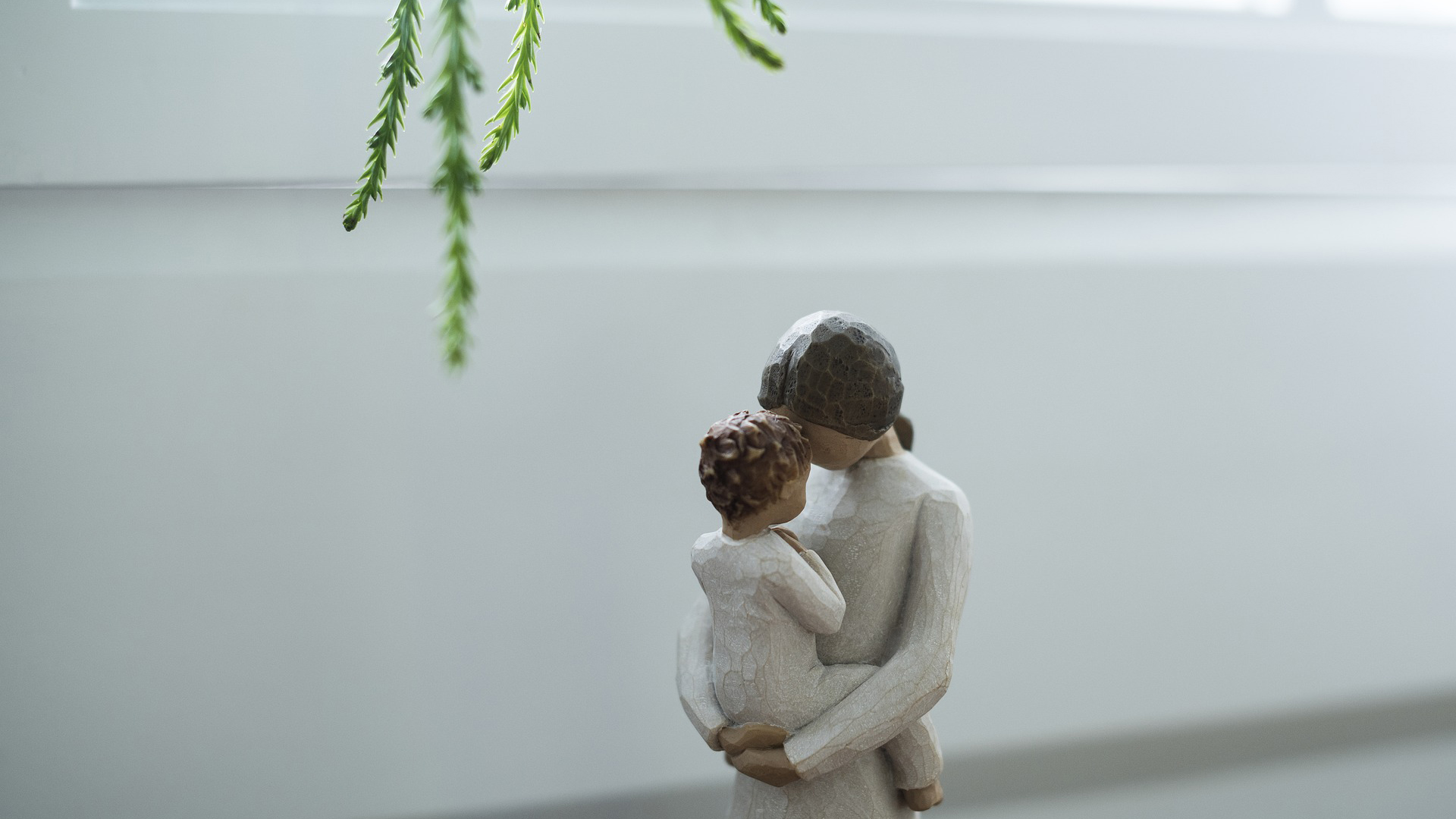
10 May Give Yourself the Gift of Being a ‘Good Enough Mum’
If you’ve experienced family violence or are recovering from trauma, the pressures of parenting can seem that much more daunting, propelling beliefs that you’ll never be a perfect mother. Andrea Dwyer shows how a therapeutic peer-support program is teaching women that being a ‘good enough mum’ is, well….enough.
It’s relentless, 24-7 and you rarely get to switch off. Motherhood – it’s a role where you look at those around you and secretly worry that everyone else is doing it better than you.
Each Mother’s Day we are bombarded with images of ‘perfect’ mums with well-behaved children and immaculate homes – which can make many mums feel like are doing it all wrong. But next time you are giving your kids toasted sandwiches for dinner, remember that everyone else is not serving up a Master Chef-inspired menu.
The most important ingredients to help your kids thrive are not quinoa, kombucha or kimchi but love, security and a safe, predictable home environment.
Being a mum is a lifelong occupation. Many women will say it’s the best and most joyous thing they do, but it doesn’t come naturally or easily to everyone. And sometimes people’s own life experience can make it so much tougher. If you’re experiencing family violence, recovering from trauma or haven’t had the benefit of good parenting yourself, it can be hard to be a confident mum. An abusive partner can diminish your self-belief and make you second guess your ability as a parent – especially if you don’t have a strong network of family and friends.
But in Melbourne’s south, a group of resourceful mums who recently took part in one of Anglicare Victoria’s family violence programs have decided that they don’t need to feel that way.
They’ve set up their own peer support group, which they have called GEMS, based on a key learning from our Beyond the Violence program about the concept of being a ‘good enough mum’.
A ‘good enough mum’ focuses on what’s important to her kids – safety, security and love – and doesn’t sweat the small stuff like the toasted sandwiches for dinner.
The latest Australian Institute of Health and Welfare report tells us that one in six Australian women have experienced violence from a current or former partner – and about half a million women said their children had seen or heard the violence.
Living in a home where there is violence has a devastating impact on children, at the time it occurs and in the future.
Children who see their parent abused by their partner are between two and four times more likely to experience violence themselves when they become adults.
Supporting mums and their children beyond the violence, repairing their relationships, and restoring women’s confidence in their parenting is a key part of helping families rebuild their lives. A focus on parenting should be an equal consideration to other vital programs such as housing, legal and financial support.
Every day at Anglicare Victoria our family violence and family services team sees the impact of the violence on kids and the corrosive effect it has on women’s self-esteem.
The pressure of being the perfect mum that is placed on all women continues to be magnified. Images portrayed across social media platforms perpetuate the image of a ‘perfect mother’. For mothers recovering from violence, they may have experienced financial insecurity and isolation from friends, family and work. They lack access to some of the natural social networks that others take for granted, the school gate chat and grassroots networks of support and advice that can put a reality check on the feelings of helplessness and imperfection.
A couple of years ago, Victoria’s Royal Commission into Family Violence recognised our community needed to do more to help mums and their kids recover together after the trauma of violence.
This has seen government investment in more therapeutic programs– like Anglicare’s Beyond the Violence, which provides eight weeks of intensive group therapy for mums and kids and a therapeutic family violence program TRAK Forward providing a key worker, group work and family therapy. These programs provide practical support on parenting after violence and also help mums establish new support networks as they restore confidence and rebuild their lives.
Recently one of the GEMS mums had to go to Family Court, and the other women were there with her. The group are also sharing social outings with their kids – they are no longer feeling as isolated and alone.
They are supporting themselves and each other, and celebrating the wins they are having as they forge new futures for their families.
As one of the mums involved in the program recently said: “I have learned that I just need to be a good enough mum, I don’t need to be perfect.’’
It’s a great lesson that is helping the GEMS rebuild their lives after violence – and create a safe, secure future for their kids.
But it’s also an excellent piece of advice for all mums – and a great gift we could all give ourselves for Mother’s Day.
Andrea Dwyer is a regional director at Anglicare Victoria, overseeing the delivery of family violence, out-of-home care, disability, community and family services in Melbourne’s southern region. She is passionate about improving the lives of vulnerable children and families. She is a proud mum of two teenagers, 19 and 16.

